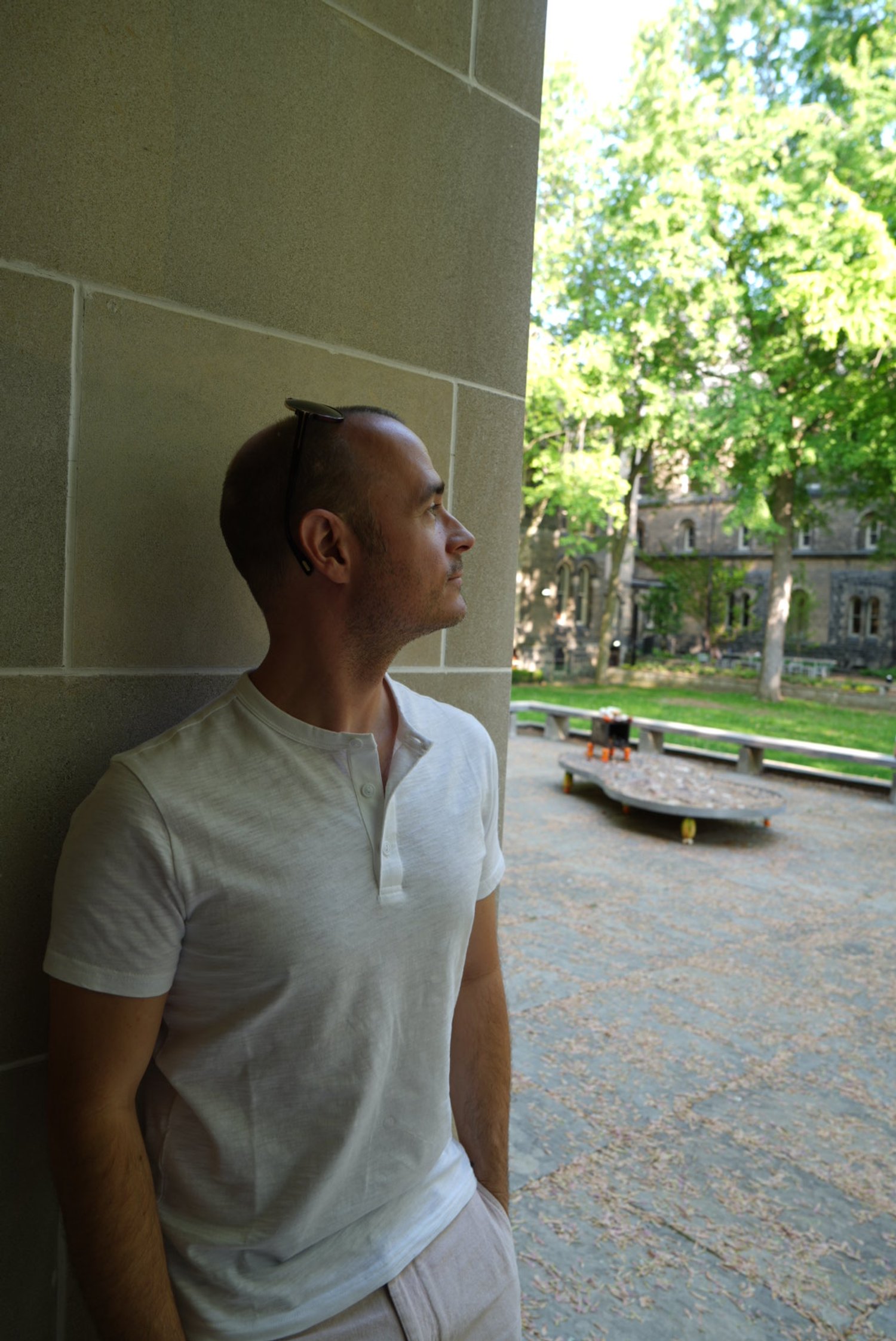Why does a breakup hurt so much?
The end of a relationship can come with so much heartbreak. Sometimes even a situationship, or otherwise known as an undefined relationship, can in some circumstances cause just as much heartache and turmoil as a longer-term relationship.
It is less about the duration of your relationship, or the definition of your status as a couple, and more about what that person meant for you. This includes the impact they had on your life and even to your image of self. Someone might have come into your life and showed you a lifestyle or way of looking at things that really changed your perspective. You might have experienced a knowing between each other that felt very powerful. Sometimes this is driven by shared growth and experiences and other times it can be bonding over harmful experiences. Whatever it was, whether positive or negative, it stirred your reality and likely created an attachment. One which often takes at least a few months (often longer) to recover from.
In long-term relationships, your partner becomes part of your everyday life. This can feel even more challenging if you rearranged your life to fit with theirs. It means that you made a lot of room for them in your mind, in your schedule and potentially your home, which their absence creates an emptiness in.
Sometimes it is not even about how much you might have rearranged your current life, but how deeply you dreamt about and envisioned a life together; furthering your attachment to each other. This can have an impact that feels just as real because as people, many of us spend a lot of time dreaming about the future. Whatever we focus our thoughts on is what feels real to us and contributes to the emotions we experience. What is both really cool and also challenging is that our mind doesn’t know the difference between imagined fear or reality. Along with most other emotions. Director of the Cognitive and Affective Neuroscience Laboratory at CU Boulder, Tor Wager notes that “…imagination is a neurological reality that can impact our brains and bodies in ways that matter for our wellbeing”.
At this point it may become clear why I previously stated that it really is less about the specific duration of the relationship and more about the impact it had on you and the space it took up in your life.
What happens to the brain in love? And simultaneously what happens to the brain during a breakup?
Anthropologist Helen Fisher conducted a study that found activity of brain cells which create dopamine, a stimulant, and distribute it to various parts of the brain when someone is in love. This part of the brain is so deep it goes beyond your critical thinking or emotional management and is found in the reptilian brain. It is the rewards system “associated with wanting, with motivation, with focus and with craving”. This same brain region is the one that also responds to highly addictive substances such as cocaine.
During a breakup these same regions once again become active except now the fix that satisfies them is missing. It has in many contexts been described as being similar to withdrawal. The brain struggles to cope with the pain. When you cannot have what you want, you start to desire it even more. We know this because those same brain regions actually become even more active during a breakup. You start to rely on your memories and intensify them and because memories are highly unreliable, you even tweak them to the point where everything from that past experience is coloured rose and thereby the loss feels larger.
With a pain and loss that feels so large, simple answers won’t do. Because in your mind they don’t add up. How can something that feels just so incredibly awful and even physically painful as some studies have shown, be happening only because your beloved is not ready for a commitment? That doesn’t justify what you feel. You turn to the cosmos for answers. You try to make up your own reasons or become obsessed with solving the unsolvable. The reason has not changed but you struggle to accept it.
A break up hurts so much because of the massive impact love and attachment has on the mind, impacting it similarly in ways addiction would. As human beings, we are wired to seek and build attachments, to create connection and find belonging. It is our greatest reward and also our greatest pain. Psychiatrist, Robert Waldinger tells us that one of the longest studies ever conducted about human well-being has found that the biggest determinant of a happy and long life is relationships. Your social network and community. Building community also aids with recovery from the trials and tribulations of romantic love. Romantic love is a beautiful part of life. The more we learn to navigate these relationships, the more joy we can find. While break ups are incredibly painful, they are a part of the journey of having loved and been loved.
In my next blog post you can explore some of those reasons about why a relationship fails. Following that, stay tuned for the next post that will have some helpful tools and tidbits on breakup recovery.




